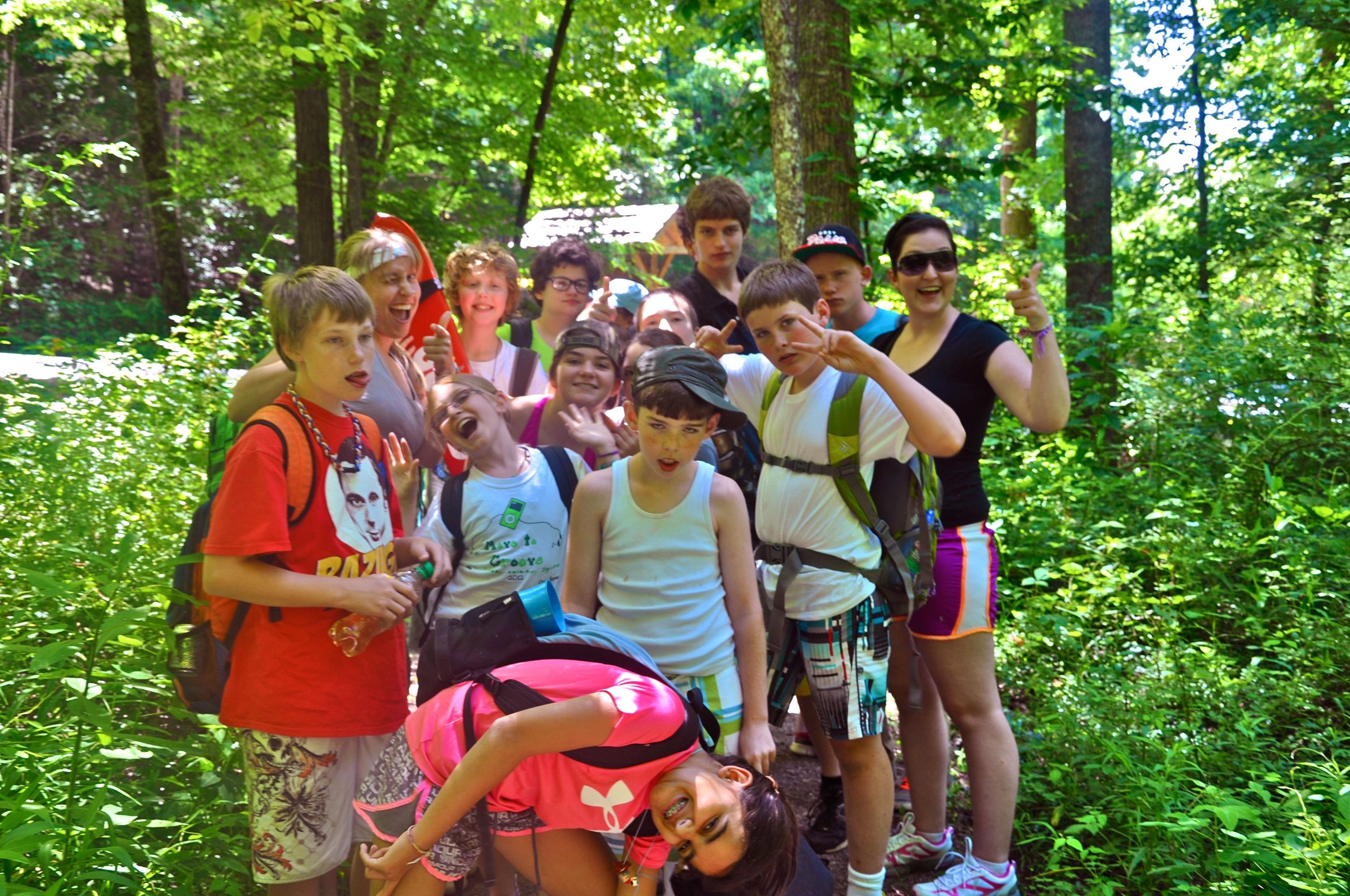 Children who spend summer vacation with hours of unstructured activity per day might be gaining independence and exploring their imaginations, but they will also lose math, reading, and spelling skills as a result of “summer slide.” Many families are unaware that a few simple steps can integrate learning into their children’s daily lives, picking up where traditional teaching methods fail without sacrificing those wonderful “daydreaming hours” associated with summertime.
One in five school-aged children has dyslexia, yet less than 1/3 of these students receives school services guaranteed to them by law for their reading disability. According to the National Center for Education Statistics, the high school dropout rate for students with dyslexia or related learning disabilities is more than twice the national average for students who don’t have a learning disability. During the summer months, most students lose two months of grade level equivalency in mathematical computation, and low-income youths lose an additional two months in reading achievement. For children with dyslexia, the numbers are even worse.
Children who spend summer vacation with hours of unstructured activity per day might be gaining independence and exploring their imaginations, but they will also lose math, reading, and spelling skills as a result of “summer slide.” Many families are unaware that a few simple steps can integrate learning into their children’s daily lives, picking up where traditional teaching methods fail without sacrificing those wonderful “daydreaming hours” associated with summertime.
One in five school-aged children has dyslexia, yet less than 1/3 of these students receives school services guaranteed to them by law for their reading disability. According to the National Center for Education Statistics, the high school dropout rate for students with dyslexia or related learning disabilities is more than twice the national average for students who don’t have a learning disability. During the summer months, most students lose two months of grade level equivalency in mathematical computation, and low-income youths lose an additional two months in reading achievement. For children with dyslexia, the numbers are even worse.
“Residential summer camps allow children to boost their self-confidence as they overcome homesickness. They spend time developing their interests and they can also focus on reading and writing while having fun,” says Susie van der Vorst, co-founder of Camp Spring Creek and one of only 145 actively training Orton-Gillingham Fellows in the United States.
van der Vorst recommends involving children in family plans, such as doing math to budget for the grocery store, organizing driving routes using maps for a family trip, or starting a family book club using self-selected material that everyone can enjoy. Citing nearly thirty years experience as an educational advocate for children with dyslexia and related learning differences, van der Vorst concludes that the most dynamic summer learning experiences for children happen in supportive social, outdoor, educational environments outside the home.
Camp Spring Creek’s day or boarding program offers the following opportunities to address summer slide and help create positive learning habits for children, so they become more dynamic, confident, curious learners:
- 1:1 Orton-Gillingham language tutorials using a proven diagnostic and prescriptive multi-sensory approach that teaches the structure of language.
- An hour of supervised oral reading at the camper’s independent reading level.
- Daily activities including art projects, swimming, wood shop, waterskiing, and outdoor education to encourage exploration and creative expression.
- Socialization with peers of different nationalities and socio-economic status through shared living spaces, teamwork opportunities, and memorable experiences such as campfire or singing.
- Math enrichment and math remediation as per the needs of each camper.
“We often see students make two to three years worth of progress during a six to eight week session at camp,” adds van der Vorst. “Our approach is designed to target a child’s individual strengths and weaknesses and help them excel, but we also recognize the value of keeping kids active throughout the day. Most campers grow as much in terms of ‘measurable’ skills as they do in self-confidence, communication skills, and their ability to take learning into their own hands.”
Camp Spring Creek is fully enrolled for the 2014 season, but welcomes names for its waiting list (you never know!) and early interest for 2015.
